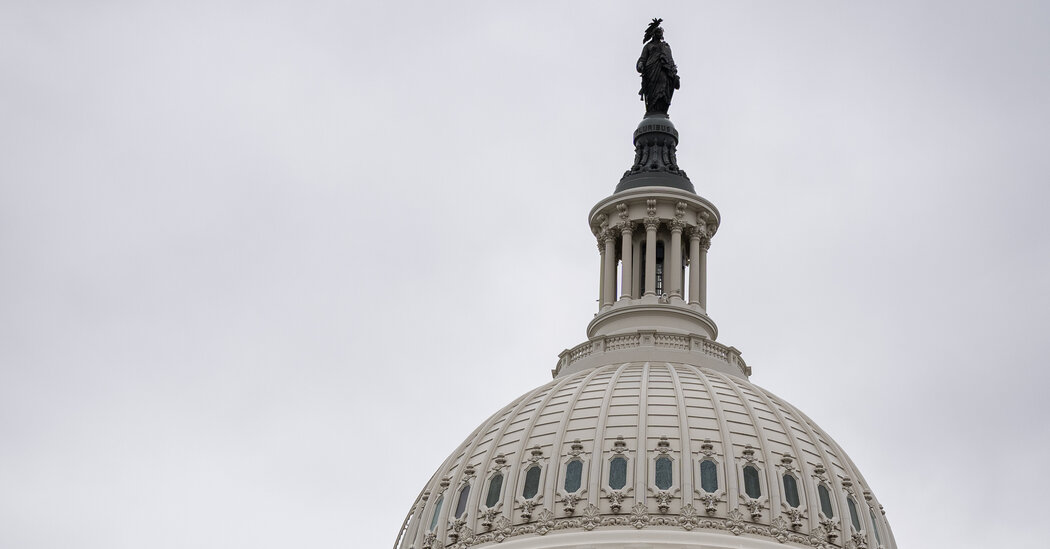A federal appeals court has ruled against Novo Nordisk, agreeing with Medicare’s approach to drug price negotiations that allows the government to group together medications with similar ingredients. This decision enables Medicare to negotiate lower prescription prices, surpassing what is permitted under the Inflation Reduction Act. In this instance, the court considered six insulin products produced by Novo Nordisk as a single entity rather than individual drugs, affecting pricing strategies across the board.
The unanimous judgment by the court marks a significant moment in the ongoing debate over pharmaceutical pricing and access to medications in the U.S. Novo Nordisk had argued vehemently that each medication should be evaluated and negotiated separately to reflect their unique values and contributions to healthcare. However, the court’s ruling emphasizes the government’s right to consolidate products in bargaining efforts aimed at reducing drug costs.
In another major pharmaceutical event, Donald Trump Jr. is set to host a summit with leading drug manufacturers at the Four Seasons hotel in Georgetown this December. The meeting aims to discuss strategies for reducing prescription costs while connecting industry leaders with senior officials from the Trump administration. The event will conclude with a dinner at the Executive Branch, an exclusive club founded by Trump Jr. and his friends, as reported by The Wall Street Journal.
The urgency for pharmaceutical companies to secure favorable deals with the administration has intensified since Pfizer’s agreement with the Trump team to lower drug prices. Following this arrangement, several prominent drug makers have been striving to demonstrate their progress in negotiating lower costs, with hopes of announcing new agreements soon. Sources reveal that companies have received communications from President Trump explicitly urging them to move forward with deals that would ultimately benefit consumer pricing.
Meanwhile, Medicare is also altering its approach to physician compensation. A recent announcement indicated that Medicare plans to adjust how it calculates payment rates for primary care doctors. This shift suggests a move away from relying solely on recommendations from the American Medical Association, potentially changing the landscape for healthcare providers across the country.
In the realm of Medicare Part D, recent analyses paint a complex picture. While premiums are decreasing, many insurance providers are reducing the variety of options available to consumers. According to a report by KFF, the Centers for Medicare & Medicaid Services had previously emphasized stability in determining premium estimates, yet the total number of stand-alone Part D plans is projected to decline in 2026. This represents a troubling trend of diminishing choices in prescription plans for Medicare beneficiaries for the third consecutive year.
Additionally, the Independent Dispute Resolution (IDR) process, established to address out-of-network billing disputes, has seen a noted decrease in case backlogs. However, frustrations remain among healthcare providers and insurance companies who believe that while progress has been made, there are still significant shortcomings in the process, which had been widely criticized since its inception in 2022.
In a separate but concerning matter related to disability benefits, recent investigations uncovered instances of fraud within the VA’s disability program. A notable case involved Kinsley Kilpatrick, an Iraq War veteran, who claimed to be severely disabled from multiple sclerosis. Evidence gathered by a whistleblower revealed Kilpatrick engaging in physical activities that contradicted his claims, ultimately leading to a conviction for defrauding taxpayers of over $200,000.
The issues surrounding Medicare costs, drug price negotiations, and instances of fraud highlight the complexities and ongoing challenges facing the healthcare system in the United States. As policymakers strive to implement solutions, the implications of court rulings and corporate dealings will undoubtedly influence the landscape of medical treatment accessibility and affordability moving forward.






